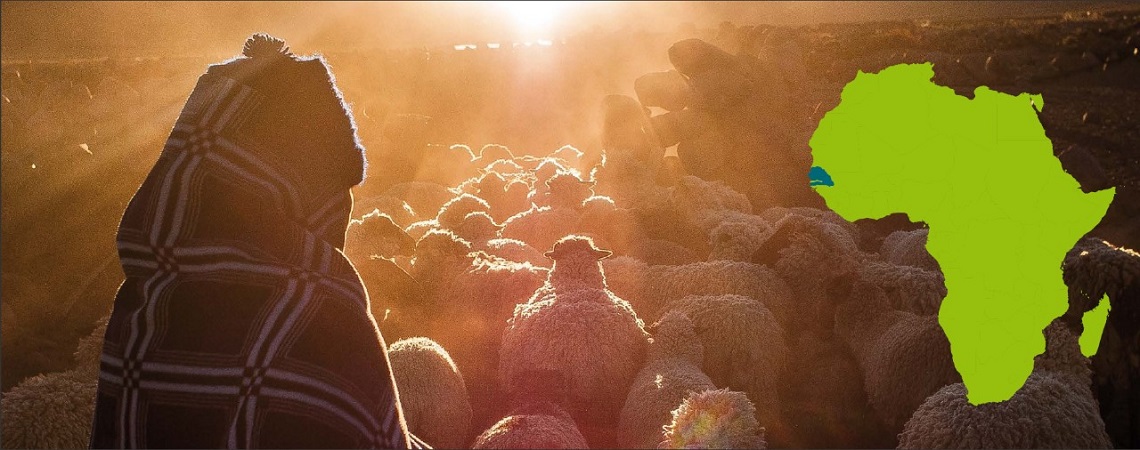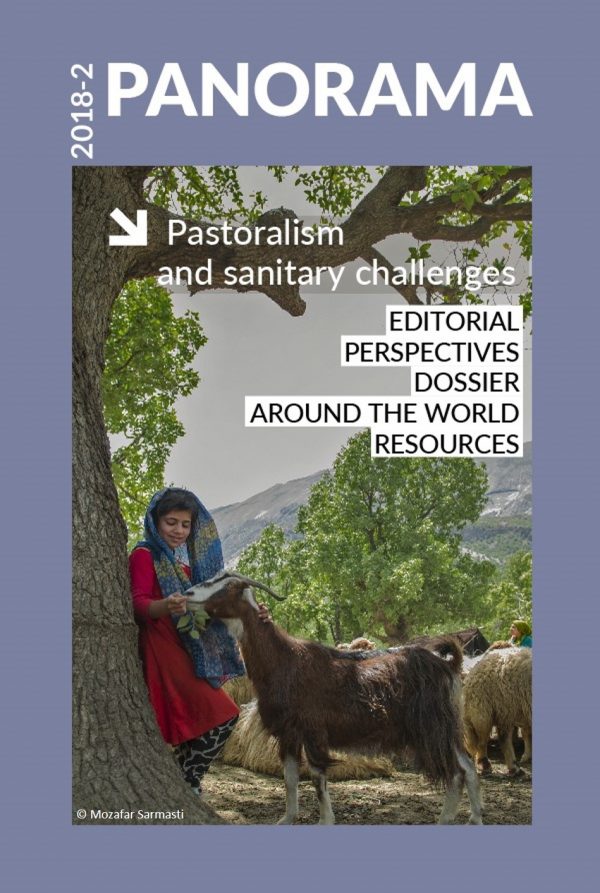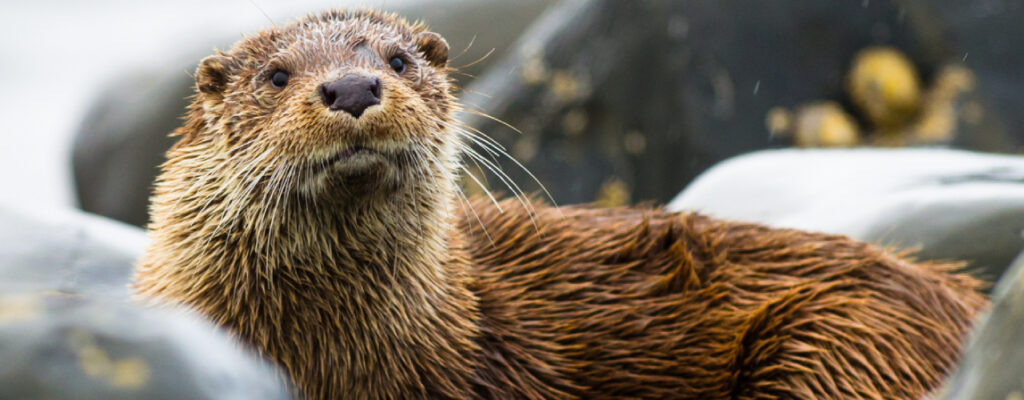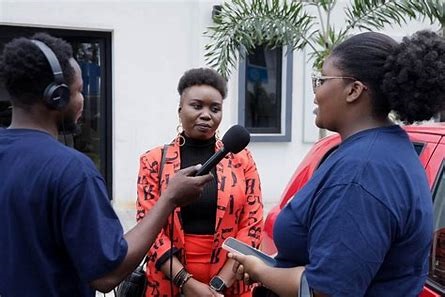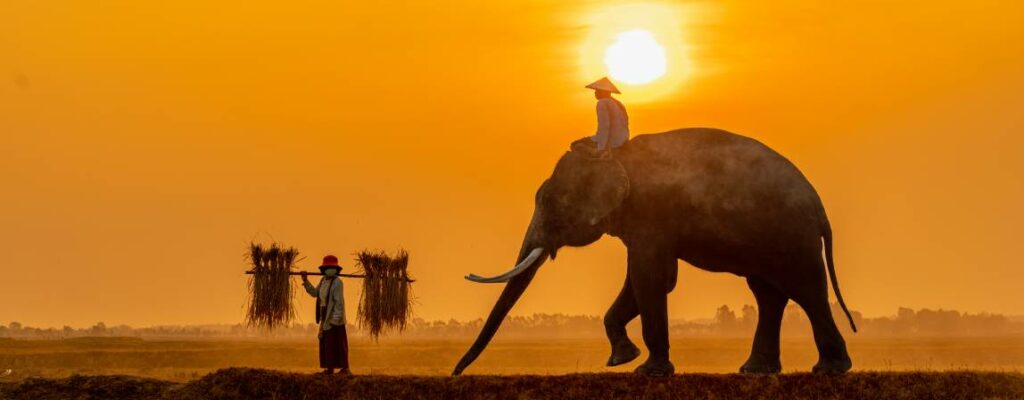Around the world Posted on 2019-02-18 16:21:31
Success stories
PRAPS–Senegal strengthens the vaccination capacity of the Veterinary Services
Keywords
Authors
Ibrahima Niang (1)* & Mamadou Moustapha Thiam (2)
(1) Coordinator, PRAPS–Senegal
(2) Office Chief, PRAPS–Senegal at NDioum
* Corresponding author: ibrahima.niang@praps.sn
The designations and denominations employed and the presentation of the material in this article do not imply the expression of any opinion whatsoever on the part of the OIE concerning the legal status of any country, territory, city or area or of its authorities, or concerning the delimitation of its frontiers and boundaries.
The views expressed in this article are solely the responsibility of the author(s). The mention of specific companies or products of manufacturers, whether or not these have been patented, does not imply that these have been endorsed or recommended by the OIE in preference to others of a similar nature that are not mentioned.
However, nowadays, as climate change is assuming ever more worrying proportions and significantly reducing the quantity of surface water and biomass accessible to cattle, decision-makers have been forced to admit that, in this context, pastoral mobility is nothing less than the most effective and efficient way of using resources.
The substantial 29.1% contribution of livestock farming to primary sector GDP in Senegal has not gone unnoticed by the public authorities, which are now actively supporting pastoralism by taking the following decisive action:
- voting for the agro-sylvo-pastoral law in 2017, whereby pastoralism is now considered beneficial to the land;
- imposing tougher sentences for cattle rustlers;
- submitting a bill on the pastoral code to legislators;
- asking the World Bank in 2015 to fund a support project for pastoralism aimed at reassessing the ecology of rangelands and providing livestock farmers with production resources and access to the market.
In addition to the resources described above, the Regional Sahel Pastoralism Support Project in Senegal is making improvements in the area of animal health. Since its second year of existence, it has been increasing the intervention level of livestock field workers by providing training and equipment for vaccine conservation. The project is preparing to provide the national livestock laboratory with a high-capacity freeze-dryer for manufacturing vaccines in order to respond to national and sub-regional demand.
Given these developments, all that is needed now is the willingness of livestock farmers to start vaccinating against peste des petits ruminants. This would be enough to give us reason to hope that we will win the war against this disease, which continues to keep our country dependent on others to meet its needs in terms of small ruminants.
http://dx.doi.org/10.20506/bull.2018.2.2874




